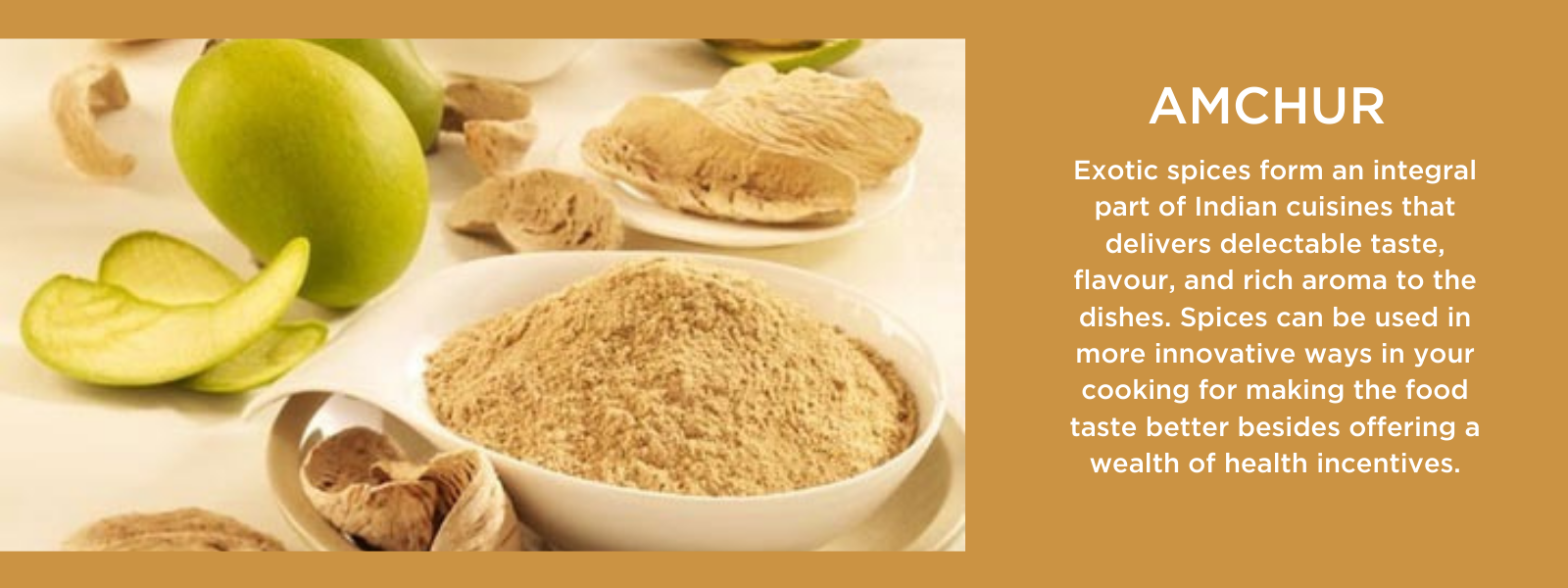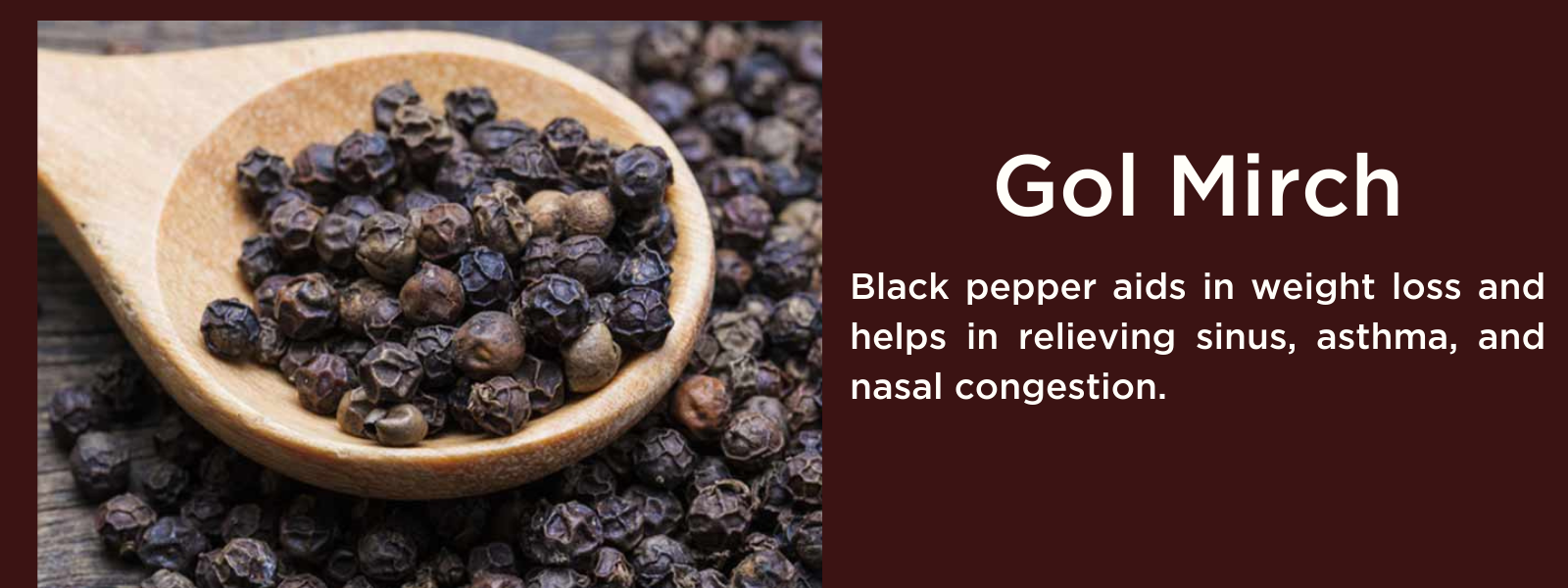Green corianders are an excellent choice for usage as a flavouring component in food due to their aromatic flavour and potent pungent fragrance. If you add chopped coriander leaves to any food, including curries, dals, salads, or snacks, the flavour and scent are improved.
Coriander has been used for around 7000 years, making it one among the world's oldest spices. The pungent coriander seed and its green leaves, often called cilantro or mint, are used in soups, pickled vegetables, fried vegetables, bread, stews, and curries.
Although they have varying tastes, all coriander components are edible. After being heated, the earthy flavour of coriander seeds is intensified. The leaves of coriander are bitter and citrus-like, and the paste made from the seeds can be added to doughs and other dishes. In order to prepare a paste that can be used in burritos or as a salsa dip, coriander leaves are blended with garlic, peanuts, and lemon juice. Additionally, coriander leaves are the ideal garnish for Thai cuisine, salsa drinks, pasta salads, and soups.
The benefits of coriander consumption for the body as a whole are numerous. The potential health advantages of coriander are countless, ranging from improving immunity to reducing blood sugar levels, from regenerating hair to purifying the skin.
Health benefits of green corianders:
- Green corianders keep eyes healthy. Coriander contains nutrients like vitamin A, vitamin C, vitamin e, and carotenoids that support a healthy vision. Conjunctivitis is also believed to be well treated by it, and it can help postpone the onset of age-related macular degenerative disorders of vision.
- Green corianders boost Immunity: Terpinene, quercetin, and tocopherols, three antioxidants found in coriander, can prevent cellular damage and boost your immune system. These antioxidants are said to have anti-inflammatory, anti-cancer, and neuroprotective properties according to studies.
- Green corianders maintain blood sugar levels: The effects of diabetes can be reduced by coriander's capacity to activate specific enzymes. Therefore, coriander extracts, seeds, or oils may help lower your blood sugar levels if you have diabetes. People with low blood sugar should use it cautiously because it is so potent.
- Due to their abundance of anti-inflammatory characteristics, coriander leaves may facilitate good digestion by maintaining gut health. Regular use helps to improve gut health and alleviate symptoms including bloating, discomfort, and stomach pain.
- The calcium, phosphorus, and magnesium in coriander leaves, which are rich in tissue-enriching elements, may promote bone density and guard against osteoporosis and arthritis-related joint pain. So now you are aware of what to add in your diet to achieve strong bones.
How to use green coriander in our diet?
Your diet should contain coriander leaves frequently. Try putting them in your subzis, dals, raitas, and salads. Make a coriander paste, apply it on your skin, and then remove it with water after 15 minutes.
Drinking fresh coriander juice can truly help you get the recommended daily servings of vitamins and minerals. Think about pouring one or two teaspoons of juice in your buttermilk glass or sipping on one glass of juice every day.
Additionally, you may try making kothambir wadi, dhania paratha, coriander tomato salsa, and other breakfast or snack meals using coriander leaves instead of oil.











Leave a comment